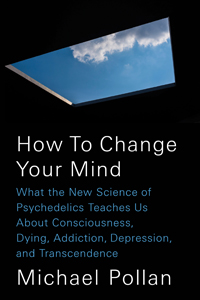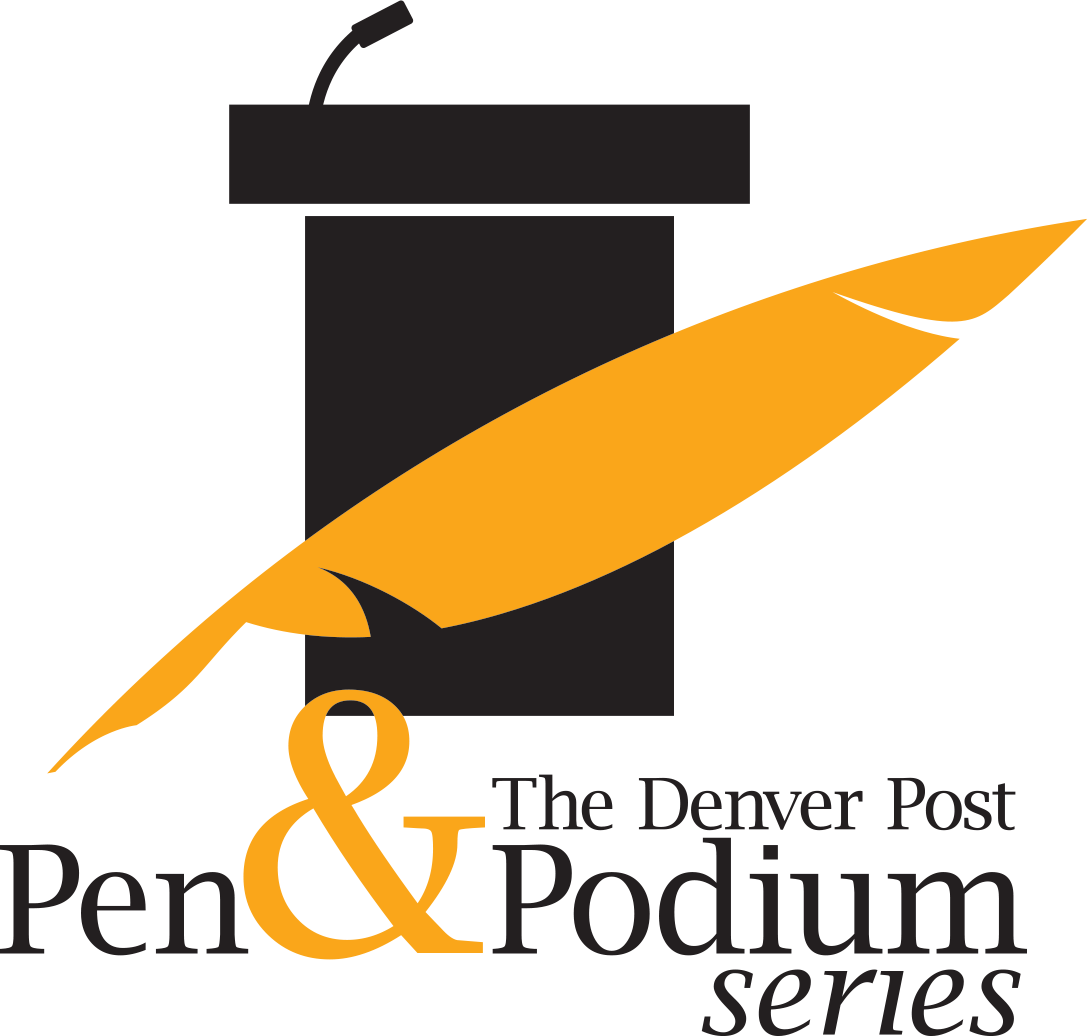
Book Club
Michael Pollan
Tentatively scheduled for Monday, July 13, 2020
7 – 8:30 p.m.
Synopsis
A brilliant and brave investigation into the medical and scientific revolution taking place around psychedelic drugs—and the spellbinding story of his own life-changing psychedelic experiences
When Michael Pollan set out to research how LSD and psilocybin (the active ingredient in magic mushrooms) are being used to provide relief to people suffering from difficult-to-treat conditions such as depression, addiction and anxiety, he did not intend to write what is undoubtedly his most personal book.
But upon discovering how these remarkable substances are improving the lives not only of the mentally ill but also of healthy people coming to grips with the challenges of everyday life, he decided to explore the landscape of the mind in the first person as well as the third.
Thus began a singular adventure into various altered states of consciousness, along with a dive deep into both the latest brain science and the thriving underground community of psychedelic therapists.
Pollan sifts the historical record to separate the truth about these mysterious drugs from the myths that have surrounded them since the 1960s, when a handful of psychedelic evangelists inadvertently catalyzed a powerful backlash against what was then a promising field of research.
A unique and elegant blend of science, memoir, travel writing, history, and medicine, How to Change Your Mind is a triumph of participatory journalism. By turns dazzling and edifying, it is the gripping account of a journey to an exciting and unexpected new frontier in our understanding of the mind, the self, and our place in the world.
The true subject of Pollan’s “mental travelogue” is not just psychedelic drugs but also the eternal puzzle of human consciousness and how, in a world that offers us both suffering and joy, we can do our best to be fully present and find meaning in our lives. (From the publisher.)
Reading Group Discussion Questions
-
- Why are so many of us intent on escaping our own consciousness? Consider Author Michael Pollan’s statement that “if everyday waking consciousness [is] but one of several possible ways to construct the world, then perhaps there is value in cultivating a great amount of… neural diversity.” What does Pollan mean—how does consciousness shape our views of the world around us? And what is neural diversity?
- Follow-up to Question 1: Pollan writes that children approach reality with the wide-eyed “astonishment of an adult on psychedelics.” Is he serious? What is he referring to?
- Other than LSD or mushrooms, Pollan says we can also achieve neural diversity through meditation and prayer. Have you ever had a transcendent experience through either of those means?
- After psychoactive drugs leave the body and users come off the trip, what kinds of residual effects do many users continue to experience?
- Have you ever taken psychoactive drugs (LSD, mesc, “shrooms”)? If not, do you have an interest in trying them now that you’ve read Pollan’s book?
- Prior to reading Pollan’s account, what were your views on Timothy Leary and the 60s “turn on, tune in, drop out” culture. If you are, say, in your sixties or older, did you consider Leary a boundary-breaking hero … a self-promoter … a dangerous pied piper … a self-indulgent egotist … a daring experimenter?
- How did Leary derail scientific study of LSD? Would it be fair to say that had Leary’s counter-culture not turned LSD into a bad word, we might already be benefiting—right now—from the drug’s ability to offer relief from suffering? Or is that leveling unfair blame at Leary?
- In terms of LSD’s medicinal benefits, what have scientists discovered? What do they see as the drug’s potential?
- Talk about how psychoactive drugs work in the brain. Are you able to grasp Pollan’s explanations; is the writing lucid enough to cut through the scientific technicalities? Or were you stumped?
- The author used himself as a guinea pig. How did he experience the drugs?
- Your opinion: LSD—good thing … or bad thing?
(Publisher-provided book club questions are not available for How To Change Your Mind; these questions were taken from LitLovers.)
Additional Book Club Resources
Other Works by Michael Pollan
Fiction
- Second Nature: A Gardener’s Education (1991)
- A Place of My Own: The Education of an Amateur Builder (1997)
- The Botany of Desire: A Plant’s-Eye View of the World (2001)
- The Omnivore’s Dilemma: A Natural History of Four Meals (2006)
- In Defense of Food: An Eater’s Manifesto (2008)
- Food Rules: An Eater’s Manual (2009)
- Cooked: A Natural History of Transformation (2013)
- Pollan Family Table (2014)
If You Liked How To Change Your Mind, may we recommend …
The Doors of Perception, Aldous Huxley
Miserable Miracle, Henri Michaux
The Evolution of Beauty: How Darwin’s Forgotten Theory of Mate Choice Shapes the Animal World, Richard Prum
The Tangled Tree: A Radical New History of Life, David Quammen
The Ravenous Brain: How the New Science of Consciousness Explains Our Insatiable Search for Meaning, Daniel Bor
Drugs Without the Hot Air: Minimizing the Harms of Legal and Illegal Drugs, David J. Nutt
A Really Good Day: How Microdosing Made a Mega Difference in My Mood, My Marriage, and My Life, Ayelet Waldman
Making up the Mind: How the Brain Creates Our Mental World, Chris Frith
Sacred Knowledge: Psychedelics and Religious Experiences, William Richards
Conscious: A Brief Guide to the Fundamental Mystery of the Mind, Annaka Harris

